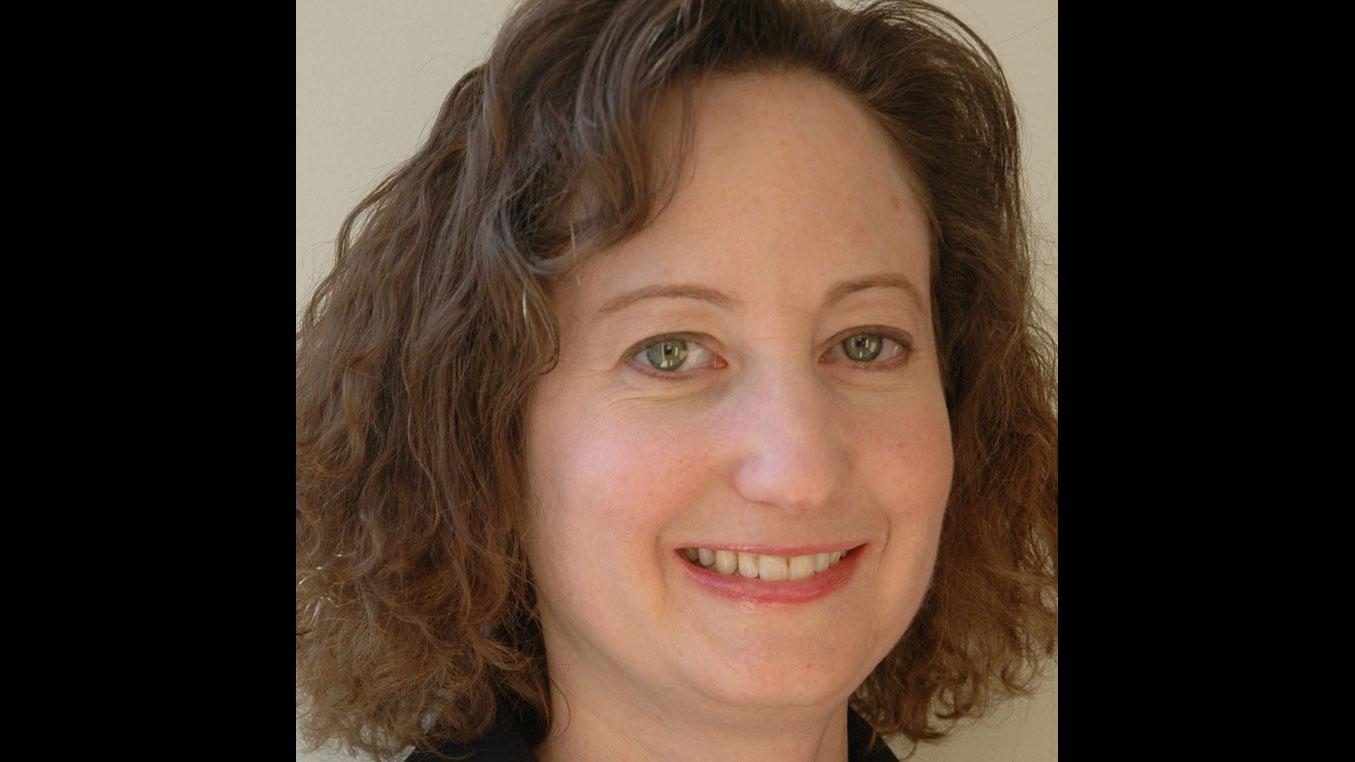Last Updated on October 20, 2020
Are anti-aging products legitimate or are they a waste of your money? Is there any proof to back up their claims? And can some actually be harmful to your health?
Those are the questions Arlene Weintraub wanted answered.
Arlene spent 10 years working as a science reporter at Business Week, and in her new book, “Selling the Fountain of Youth: How the Anti-Aging Industry Made a Disease Out of Getting Old — And Made Billions,” she takes readers behind the scenes at anti-aging clinics, pharmacies and more.
She says the entire industry is built around one simple premise — turning back the clock. Everybody wants to be as vital and youthful as they can, but nobody wants to be duped or conned by anti-aging products.
Arlene says that’s exactly what’s happening to most of us. Most of us are being conned, but it’s even more dangerous than that — some of these substances can actually shorten your life, Arelene says.
She discusses the latest trends of hormone replacement therapy and bioidentical hormones. Arlene says, unfortunately for consumers, there’s just not a lot of research to back up the claims of these products, and there are some indications that these hormones can be dangerous.
Arlene describes some of the most popular anti-aging products, like human growth hormones, estrogen, progesterone. She says actress Suzanne Somers has had single biggest influence on the growth of this industry.
Find out why Arlene urges consumers, particularly women, to be cautious of this “magic cream” or “magic pill” claims and why the natural-sounding pills could be deceptively dangerous.
Through her extensive research, Arlene says she has identified the one thing that’s been proven over and over again to extend lifespans and slow down the aging process.
Find out what that one thing is.

